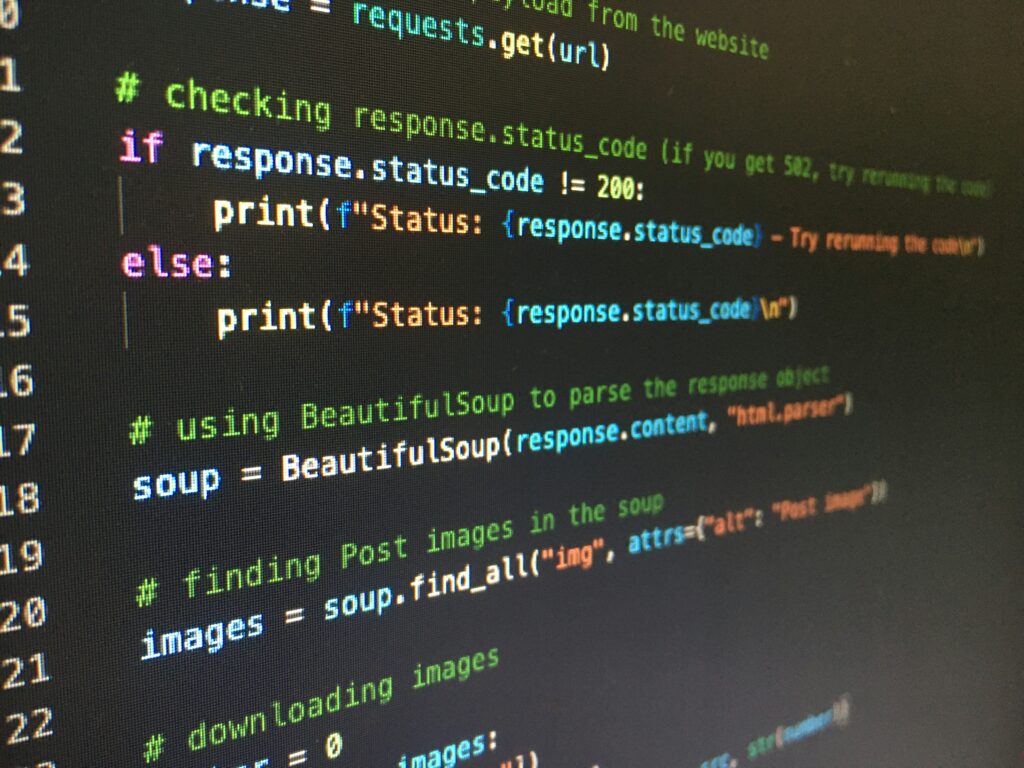Starting your coding journey can feel overwhelming. With so many languages out there, how do you decide the first programming language to learn for beginners? Wondering which is the best programming language to learn first today? This guide helps you choose wisely, considering job demand, learning curve, and long-term value.
What Matters When Choosing Your First Programming Language
Before deciding, think about picking a best programming language to learn first:
- Your goals: AI/ML, web development, backend, data analysis, mobile apps, etc.
- Ease of learning: Some languages are more beginner-friendly than others.
- Job prospects: Which languages give you more job opportunities shortly after learning.
- Community & resources: Abundant tutorials, help forums, libraries matter a lot.
Top Coding Language Options for Beginners

1. Python
Python often top-ranked in lists like “25 Best Programming Languages to Learn for Jobs in 2025” and “Best Coding Languages to Get Jobs” because of its simple syntax, readability, and flexibility.
Pros:
- Very beginner-friendly; clear syntax
- Huge ecosystem (data science, AI, scripting, web)
- Lots of jobs, especially in AI/ML and data roles
Cons:
- Slower performance for some system-level tasks than compiled languages
- Sometimes too “high-level” for understanding lower-level computing concepts
2. JavaScript
JavaScript is essential if you want to build things that run in browsers or want full stack web development.
Pros:
- Runs everywhere (web, some backend, mobile)
- Instant feedback (you can see results in your browser)
- Huge demand for front-end / full-stack roles
Cons:
- Has quirks; browser differences can complicate learning
- Not always ideal for data science / AI tasks compared to Python
3. Java
Java remains strong in enterprise environments. Many job postings still require Java for backend roles and large systems.
Pros:
- Strong OOP fundamentals
- Widely used, especially in large companies
- Good job stability and performance
Cons:
- Verbose syntax (more code to write to achieve simple things)
- Slower to see results when learning basics
4. SQL
While SQL is not a general-purpose language like Python or JavaScript, it’s essential for data roles. Many data science or full-stack roles require SQL to query databases. SQL among other languages is easier to pick up for beginners aiming for data-oriented roles.
Pros:
- Great for understanding how data is stored and retrieved
- Essential for analytics, business intelligence, data engineering
Cons:
- Limited scope; not used for full applications or logic heavy programs
- Often combines with other languages rather than standing alone
Fun fact: Do you know what was the First Computer Programming Language? None of these above. If you’re curious, the first program language often refers to older languages like BASIC or Fortran in historical context. These languages were among the earliest that non-specialists could use. While not practical today, they remind us where programming started and how far we’ve come.
So, What’s the Best Language to Learn First?
Here’s a simple rule of thumb:
- If your goal is AI/ML, data science, or high-demand job roles, start with Python. It is beginner friendly and meets the job usefulness bucket. Why is Python often learned first? Python offers an unbeatable combo for beginners: clean syntax, versatile use, and very strong job demand. It continues to be listed as the common questions asked by newbies like: “best programming language to learn first” or “which programming language is best for getting job”.
- If you’re interested in web development or full-stack roles, JavaScript is also a strong pick.
- Want to focus on data roles (BI, analytics)? SQL is nearly essential.
- Java makes sense if you aim for enterprise backend systems or want to build strong programming fundamentals.
How to Get Started — A Beginner Plan with WeCloudData
- Pick one language (Python is usually safest).
- Do basic tutorials + small projects (calculator, simple scripts).
- Add small tasks combining SQL + Python if your target job uses data.
- Build something you care about — that makes learning motivating.
- Use online resources, bootcamps, or short courses to guide your learning.
If you’re asking “what was the first computer programming language?” — we’ve come a long way, but what matters now is which language will give you momentum. For most beginners, Python offers the best balance of ease, relevance, and job potential. SQL adds power for data roles, JavaScript for web, Java for enterprise scale. Choose based on your end goals like job requirements, to get started, and build consistent habits.
Want to jump in quickly? Check out WeCloudData’s, leading North America’s data academy, beginner-friendly courses in Python, SQL, or full tracks combining both projects, mentorship, and job readiness included. Bootcamps in Data Science, AI, and Data Engineering: Combine SQL + Python to build portfolio projects and get job-ready.
FAQ
Q1. Should I learn Python or SQL first?
If your goal is data analysis, AI, or a job with versatility, start with Python because it opens many doors. If your goal is directly querying databases or business intelligence, SQL can be a good start.
Q2. Is SQL or Python more in demand?
Python is more demanded overall (AI, web, automation), but SQL is essential in many data roles. Employers often expect you to know both.
Q3. What is the best programming language to learn first for beginners?
Python is widely seen as the best easiest first language because its syntax is clear and it’s very versatile.
Q4. Will learning one language limit me later?
Not if you choose well and stick with it. Many of the concepts (variables, loops, data structures) carry over. Once you’re comfortable, you can learn additional languages fairly easily.

